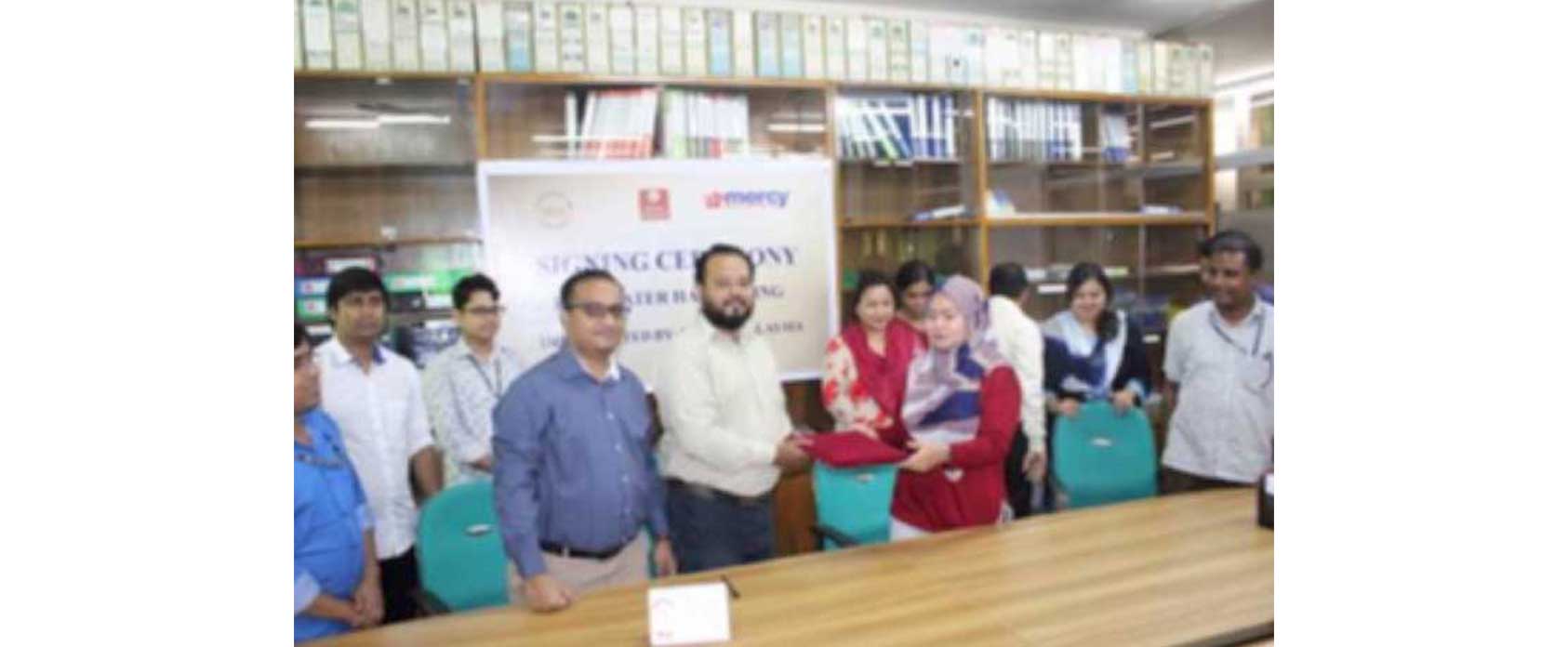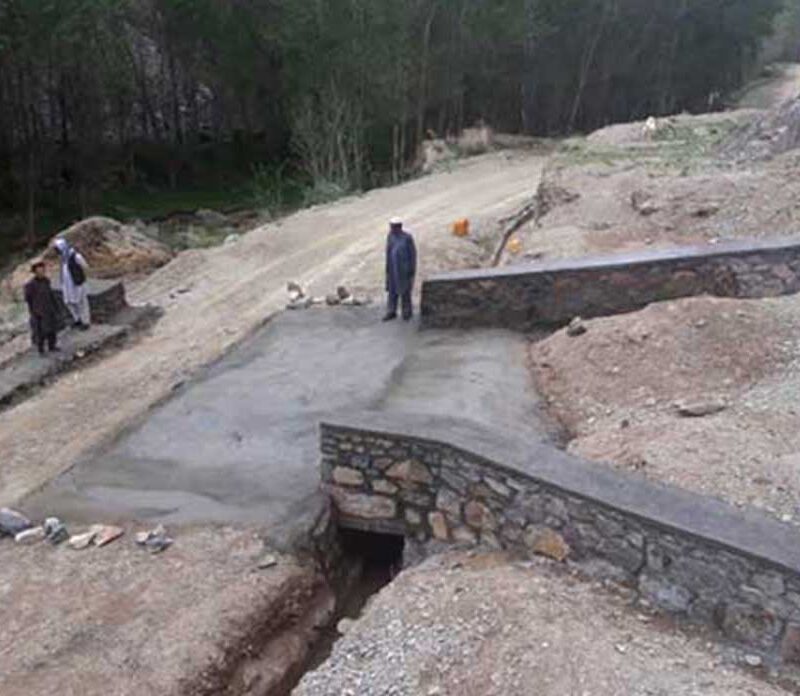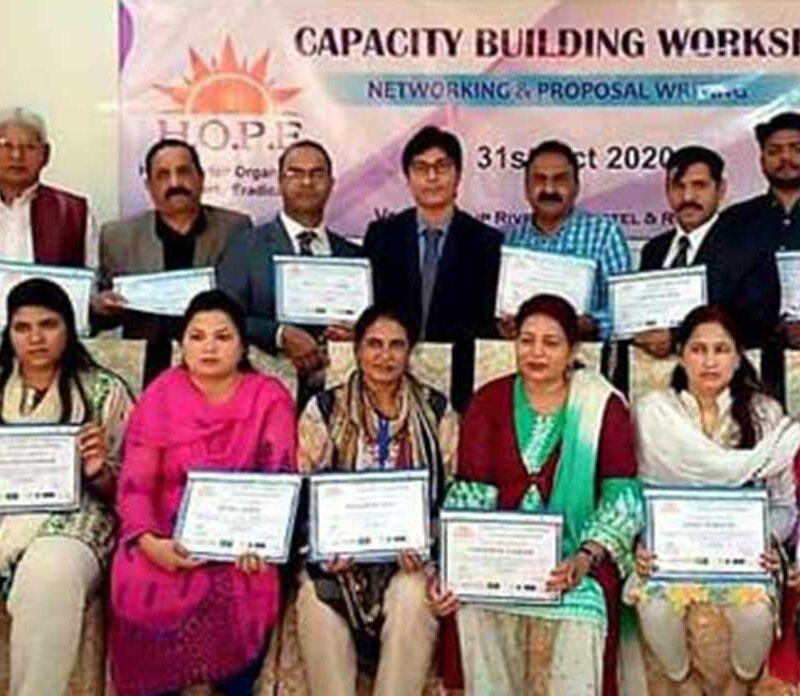
“Save rainwater today to enjoy your tomorrow”
Eighteen months ago, Hasnine Zobayed Noman, a qualified electrical engineer, walked through the doors of Bangladesh’s first innovation incubator with the idea to improve rainwater harvesting for the country’s poorest families. Now, with his innovative water collection system up and running, Noman has won a contract with aid organisation, MERCY Malaysia, to provide clean water for a clinic serving Rohingya refugees.
For Noman, it has been quite a journey. He started out consulting community groups in four areas of the country – Habiganj, Cox’s Bazar, Korail in Dhaka and Khagrachari – about their access to this precious commodity. His findings were stark. High numbers of people he spoke to were suffering acute water shortage, waterborne diseases, skin conditions and arsenic poisoning. Residents of Korail – a large informal settlement area – siphon water from mains supplies because they have no other source, he discovered.
Noman set to work with innovation specialists from Udhvabani Lab, Bangladesh’s first innovation incubator, and water experts to tackle the growing problem of water scarcity and contamination. Udhvabani Lab is run by Dhaka Community Hospital Trust, which has a long track record as a healthcare provider treating illness and poisoning caused by unsafe water. Over a decade ago, the organisation released groundbreaking research about arsenic poisoning in river and ground water in certain areas of the country.
As an electrical engineer and keen entrepreneur, Noman, years before, had attempted to create a commercial water management system controlled by smartphone, but decided to turn his efforts to developing a solution for the poorest communities in his country. He realised huge amounts of rainwater was going to waste because the poorest households do not have the means to collect it. In his research into rainwater, he found a high presence of lead; acid rain is a growing problem across Bangladesh. He also discovered there are no minerals in rainwater.
So, Noman made several prototypes, small-scale filters that remove lead, balance the pH level and add minerals to make the rainwater safe and drinkable using layers of sand, brick chips and charcoal. He worked on improving the construction method for a lower cost rainwater harvesting system. He put galvanized mesh between the roof and gutter so large items like leaves and tree branches do not fall into the water collected. He then created a custom-made flushing device that filters dirt particles and other impurities from the rainwater.
In Habiganj, the river basin area, where arsenic contamination in ground water is high and water levels are decreasing day by day, Noman worked with a local school to install his rainwater harvesting system. He involved teachers and pupils in constructing the system and carried out training sessions to support the school to use and maintain the system efficiently. He regularly tested the water to ensure it was safe for the school to drink.
“The students were very much excited about this new system. It’s like they found a new drinking water source in their locality,” Noman said.
In April, Noman, took part in an innovation demonstration day in Habiganj organised by Udhvabani Lab, where he showcased his water system. It was here the humanitarian organisation, MERCY Malaysia, showed interest and weeks later offered Noman a contract to build a rainwater harvesting system for their clinic serving Rohingya refugees in Cox’s Bazar.
“Still now, I aim to carry out more research to improve my rainwater harvesting system. In the future, I want to increase the filtration rate of my filter and design other methods to beat water scarcity for the people who have very little in my country,” Noman says.
Udhvanbani Lab is managed by Dhaka Community Hospital Trust in partnership with SEEDS India, University of New South Wales, The Centre for Research on the Epidemiology of Disasters and the Asian Disaster Reduction and Response Network. The lab is supported by UK Aid’s Disasters and Emergencies Preparedness Programme (Innovation) led by Start Network and CDAC Network.



